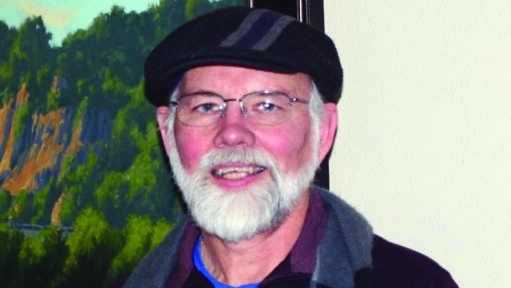Musical Chairs, Scarcity and Replacement Theory
Building an Antiracist Community
Musical Chairs, Scarcity and Replacement Theory
Musical chairs is a game most of us likely played at some time or other. Chairs are placed in a couple of rows; back-to-back with one less than there are participants. Someone turns on the music, and the players begin circling the two rows. When the music is abruptly stopped, everyone hustles to grab a chair. The person who fails to get their posterior on a chair is out of the game. Another chair is removed, and the game continues until there remains only one chair and two participants.
Musical chairs is based on the premise of scarcity, meaning there is not enough for everyone. The winner is the one who is quickest at grabbing the remaining chair.
While musical chairs can be a fun, competitive game, it also illuminates a perceived challenge we often face when it comes to living in a community. If our dominant model for living is one of scarcity then everyone else is our competitor for whatever resource we deem to be in short supply.
The softer version of this scarcity model can be seen in congregations and community groups that have a difficult time welcoming new members or participants out of fear that in doing so they will lose something of value. It is OK if new people come and watch the game, stand around on the sidelines so to speak. But the minute they say they would like to get involved, members operating out of a sense of scarcity experience a threat to their leadership, their voice, or whatever it is that gives their involvement meaning. Scarcity insists that someone is going to be left out. There simply aren’t enough chairs.
The hard version of this scarcity model is seen in the pernicious notion of “replacement theory”, which is a growing and influential scare tactic of white supremacist groups and is given full-throated support by prominent people like Fox News celebrity Tucker Carson as well as various far-right politicians, including the senator next door, Ron Johnson from Wisconsin. Replacement theory doubles down on a feeling of scarcity by insisting those groups perceived as outsiders will take the chairs which rightfully belong to the insiders.
“Jews will not replace us”, was the rallying cry of the white supremacists that descended on Charlottesville, Virginia, with the violent intent of stopping the removal of Robert E Lee’s statue, a hero of the Confederacy and today’s white supremacists. In this twisted aberration of musical chairs, straight white males are being replaced and left out by Jews, Black, Indigenous and people of color, and the LGBTQ+ community. The far-right terrorist who killed 23 people in El Paso, Texas, drove 10 hours in order to “stop the Hispanic invasion of Texas.” He specifically referenced replacement theory. The young gunman who executed 10 people in a Black neighborhood of Buffalo, New York, specifically referenced the replacement theory. It was 31 white supremacists driven by this same ideology that was recently arrested in Idaho with plans of attacking a Gay Pride Parade.
Senator Ron Johnson, Tucker Carlson, and the many others instilling fear of being a musical chairs loser would likely deny being a white supremacist. But it is difficult, if not impossible to find any daylight between their rhetoric and the rhetoric of white supremacists that resort to violence. Carlson stated on air that Joe Biden wants to “change the racial mix of the country” and “reduce the political power of people whose ancestors lived here.” Ron Johnson said it was the Democrats’ goal to “remake the demographics of this country so they can stay in power”.
The irony of replacement theory is, of course, more than apparent to First Nation people who suffered genocide and literal replacement at the hands of white settlers. Besides the inherent racism of replacement theory, the common denominator of the soft version and the hard version of scarcity is the firm belief there is not enough for everyone and therefore some have to be losers.
Musical chairs can be a fun game, but as a framework for how we live in a community, there are no winners, only losers. We miss out on the gifts, the talents, the contributions of those who have been denied a chair, and we are forced to live with the anxiety we may someday be among them. The ready-at-hand alternative is to grab an extra chair, expand the circle and live knowing there is enough for all.
Tim Johnson is a retired pastor of the United Church of Christ.




